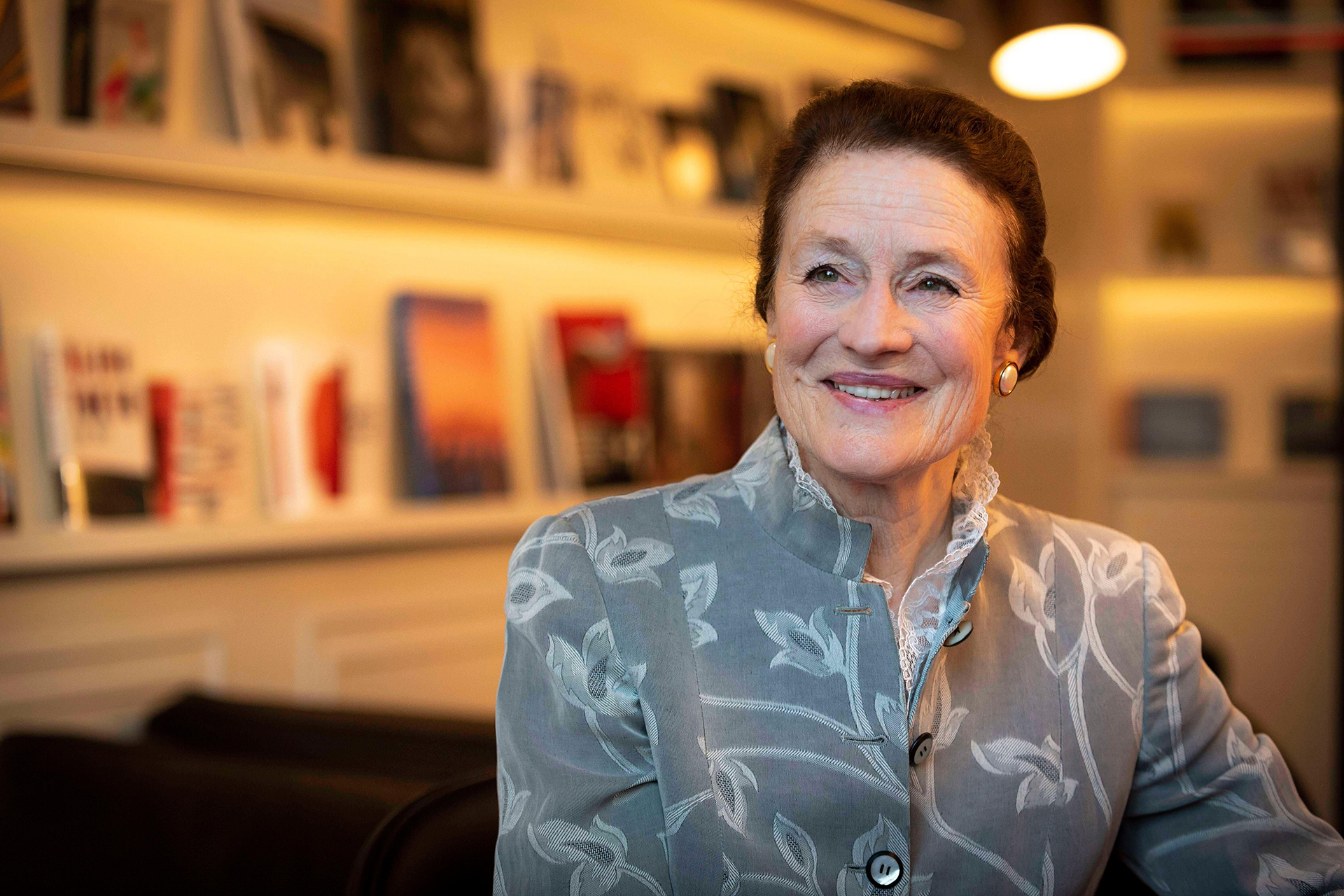The year 2020 was a defining moment in our global efforts to end malnutrition in all its forms. It was a time of celebration, as we looked back over the past 10 years of progress since the SUN Movement’s inception, and all we have accomplished to scale up nutrition. It was also a time of immense adversity, as we faced a global pandemic that threatens to erode hard-won progress and presents new barriers to achieving our vision of a world without malnutrition by 2030. If our experience these last ten years has taught us anything, it is that we are stronger when we face such challenges together.
The SUN Movement was born out of a crisis: created out of a concern that child malnutrition was not declining fast enough despite economic growth. The 2008-2009 financial crisis and the subsequent rise in food prices had put the most vulnerable children, women and populations at risk of malnutrition—and collective, significant action was needed to respond to this challenge at scale. The SUN Movement pushed for a country-owned, multi-sectoral and multi-stakeholder approach to scale up nutrition and transform institutions to leverage and increase investments. Our vision has remained the same: to achieve sustainable and equitable reductions in malnutrition and nutrition justice for all.
Henrietta Fore | English
SUN Lead Group chair marks the 10th anniversary of the SUN Movement and highlights progress
Henrietta Fore | Français
SUN Lead Group chair marks the 10th anniversary of the SUN Movement and highlights progress
Henrietta Fore | Español
SUN Lead Group chair marks the 10th anniversary of the SUN Movement and highlights progress
Since 2016, when SUN embarked on its second phase, more SUN countries are considered on course or making progress in meeting global nutrition targets for under-five stunting, under five overweight and exclusive breastfeeding.
Henrietta Fore
Today, we have 62 member countries and four Indian States– home to almost 2.7 billion women, men and children. This shows that countries and governments recognise their nutrition challenges and are committed to lead actions towards ending all forms of malnutrition.
Today, 57 SUN member states have put in place national nutrition platforms to align actions around common results, with 49 national nutrition plans being in existence. 48 member countries work across sectors and stakeholders at the sub-national level, for maximum impact. Since 2016, when SUN embarked on its second phase, more SUN countries are considered on course or making progress in meeting global nutrition targets for under-five stunting, under-five overweight and exclusive breastfeeding.
This new progress portal and report presents a glimpse into 10 years of SUN and the achievements, successes and bottlenecks that we have faced together. It reminds us that a world without malnutrition is within reach – but only if we act together.
Henrietta Fore
As the Movement enters its third phase (2021 to 2025), we need to renew our momentum to better respond to the evolving malnutrition landscape. We face a triple burden of malnutrition – undernutrition, hidden malnutrition and overweight – which threatens the survival, growth and development of children, women, communities and nations. All these forms of malnutrition share many common causes, notably the poor quality of diets. Tackling them is more important than ever, as we work to counter the devastating socio-economic impacts of COVID-19, that have further strained national systems and made it increasingly difficult for children and women to access the nutritious diets and nutrition services they need to achieve good nutrition.
In 2019, 3 billion people – or almost half of the world’s population – could not afford a healthy diet. Addressing this will require solid and sustainable system changes to fix broken food systems to make good nutrition available, affordable and sustainable. Inequalities are growing, which means more children and their families will be left behind if we do not also act on underlying malnutrition drivers and differential access and opportunities, often based on gender. We need stronger nutrition financing to drive all actions, as true change only happens through adequate and sustained investments – by SUN member States and member organisations, partners and donors, alike.
We are entering a phase of renewal – a chance to recommit to scaling up nutrition in ways that empower children, adolescents, women and men to create and nourish their own future and support their community and country. If we align at country level, focus on nutrition impact, focus on prevention while ensuring treatment and getting the country nutrition system right, we will make a difference in the lives of so many. I look forward to scaling up nutrition for another 10 years with you.
Henrietta Fore
UNICEF Executive Director and SUN Lead Group chair
